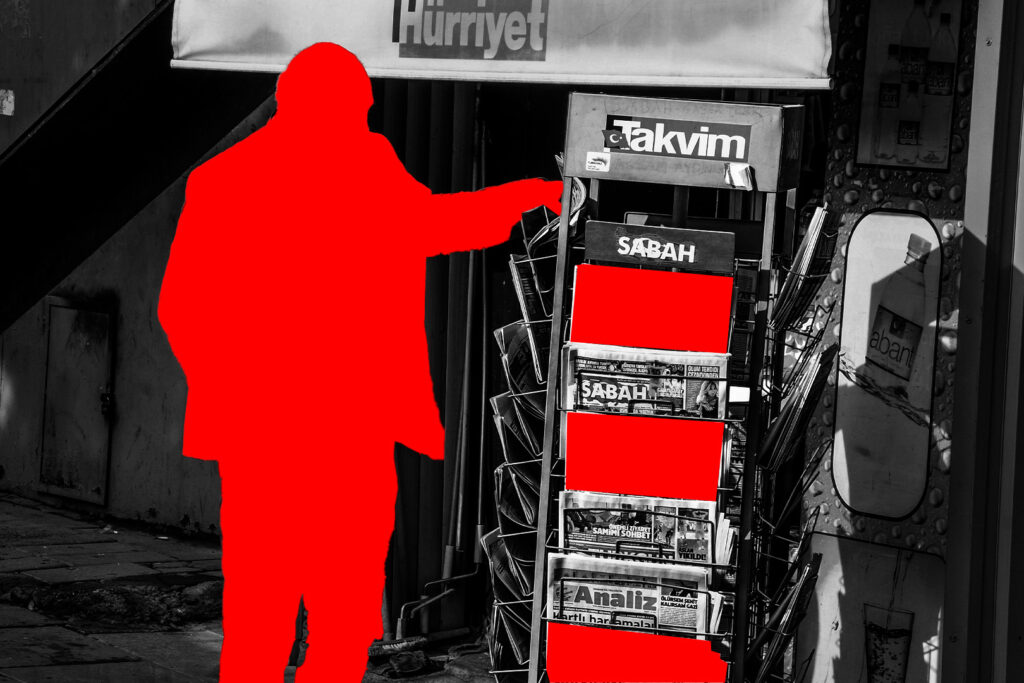
This story is syndicated from The Globe, the newspaper of Clayton High School in Clayton, MS. The original version ran here.
At the turn of the 20th century, St. Louis was rapidly growing. Part of a large wave of migration to the city, groups such as German, Italian, Polish and Chinese Americans settled in the area in search of work and a new start. Black Americans escaping the injustice of sharecropping systems found refuge alongside Eastern European Jews fleeing persecution, and Chinese workers looked beyond the harsh conditions that had come to characterize their community during the Industrial Revolution.
With prominent migrant communities came prominent newspapers, new media outlets to help integrate economically and politically while maintaining cultural autonomy. Reporters from these publications ran stories in their native languages, covered news from abroad and reported on the news here.
St. Louis emerged as a hub of migrant journalism. Hungarian-American publisher Joseph Pulitzer, best known for his namesake award, would go on to own the St. Louis Post-Dispatch, and the most widely distributed newspaper in Missouri in the late 19th century was a German-language newspaper, the Westliche Post. These outlets offered migrant communities a place to document and share their growth and success.
Over the course of the 20th century, fewer and fewer of these publications survived. Among others, the Black-American paper the St. Louis Palladium closed its doors in 1907, the Jewish Voice in 1922, the German Westliche Post in 1937, the Italian La Stampa-Italiana in 1941, the Jewish Der Yiddisher Record in 1951 and the Black-American St. Louis American in 1978.
The trend is no longer unique to the era or to migrant communities, even as they may be disproportionately affected. Researchers at Northwestern University’s Medill School of Journalism found that, since 2025, a third of the nation’s newspapers have shut down, primarily driven out by easy access to low-cost digital news sources.
Following the 2024 election, pundits were baffled that immigrant voters had swung towards the now-President Donald Trump, who was vocally outspoken against many forms of immigration. Compared to the 2020 election, Latino Americans in 2024 shifted right by 14%.
The assumption had been that immigrant communities specifically would be repulsed by Trump’s promises to deport upwards of 15-20 million people, regardless of legal status. So when Trump said again and again that he would limit legal immigration into the U.S. and enforce mass deportations, why was it that so many immigrants embraced his campaign and return to office?
One major factor was how immigrants in the U.S. today receive their news. Left without any reliable resources or guidance on which English-language news sources to trust immigrant voters are rendered extremely vulnerable to propaganda. They must actively combat the wealth of charged misinformation and disinformation created to appeal to them — at times even in their native language and tailored to their cultural values.
Democratic systems depend on the citizens they govern and the accuracy of the vital information which shapes their political behavior. When citizens receive their news from untrustworthy sources, they may base their votes and decision-making on inherently faulty logic.
St. Louis is no different. It remains a city whose livelihood depends upon the success of immigrants who settle in the area and build new communities centered around cultural unity.
The city has sought to attract immigrants to reverse the city’s recent decline. The reception of Bosnian refugees during the Yugoslav Wars, who subsequently revived the south St. Louis region of Bevo Mill, was a sign that cultivating thriving immigrant communities was the future of the city’s development, just as it once was in the past.
With assistance from the immigrant assistance non-profit The International Institute, refugees from Afghanistan have also managed to resettle in St. Louis in the new millennium, as well as immigrants originating from Latin America, South and East Asia.
But the kinds of informed communities that exemplified St. Louis in the past remain hard to create, and when trustworthy newspapers shutter, migrants of all kinds — from state to state, or from country to country — are more vulnerable than ever.
